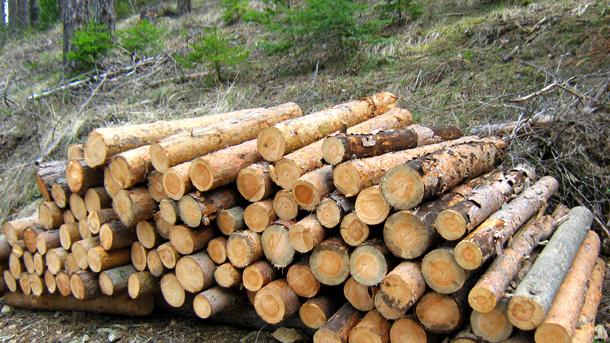
Deanna Haag was born in Cleveland, Ohio, USA. She grew up dreaming of adventure and new horizons. After graduating from Wittenberg College in Ohio with a degree in Fine Arts, her life took an unexpected turn. The young American stood out for her..
Support for the activities of the Institute of Social Activities and Practices in Sofia is the cause that will unite organizers and guests of the Viennese Ball, which has become a tradition for the Bulgarian capital. This year's edition, scheduled..
Topics related to renewable resources and natural disasters united students from the Bulgarian Sunday School "Assen and Iliya Peykovi" in Rome, the First English Language School in Sofia and the Greve High School near Copenhagen. The project aims to..
Exactly 3 years ago, on February 24, Russia’s invasion of Ukraine began – an event that woke up Europe 77 years after the end of World War II and called..

+359 2 9336 661
